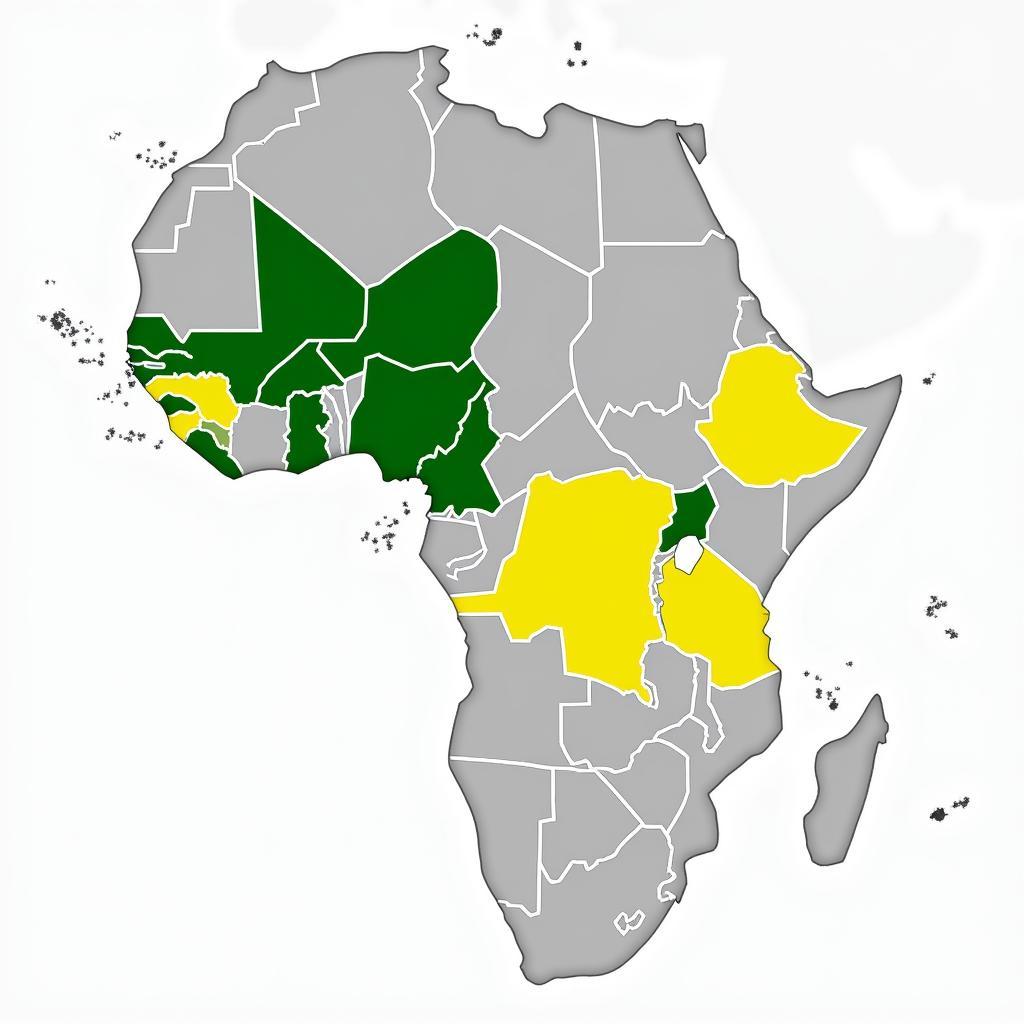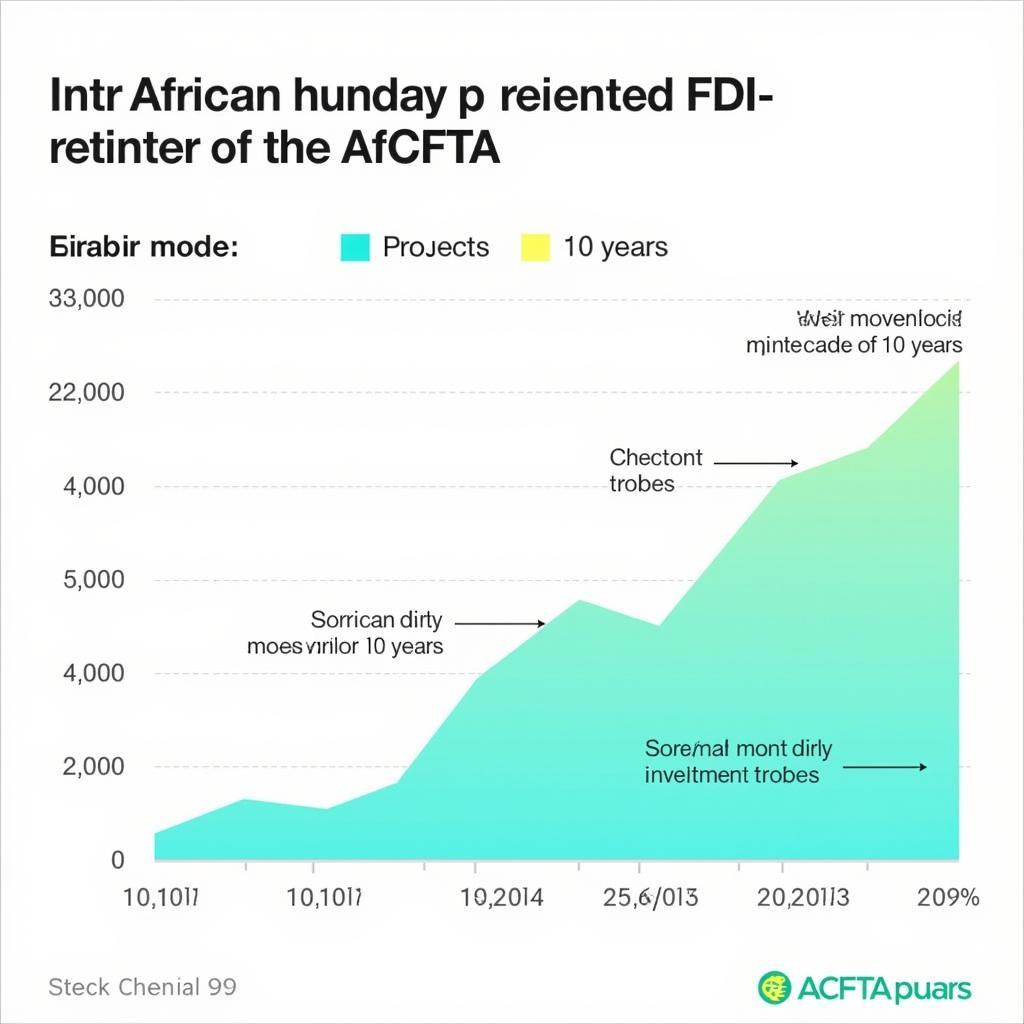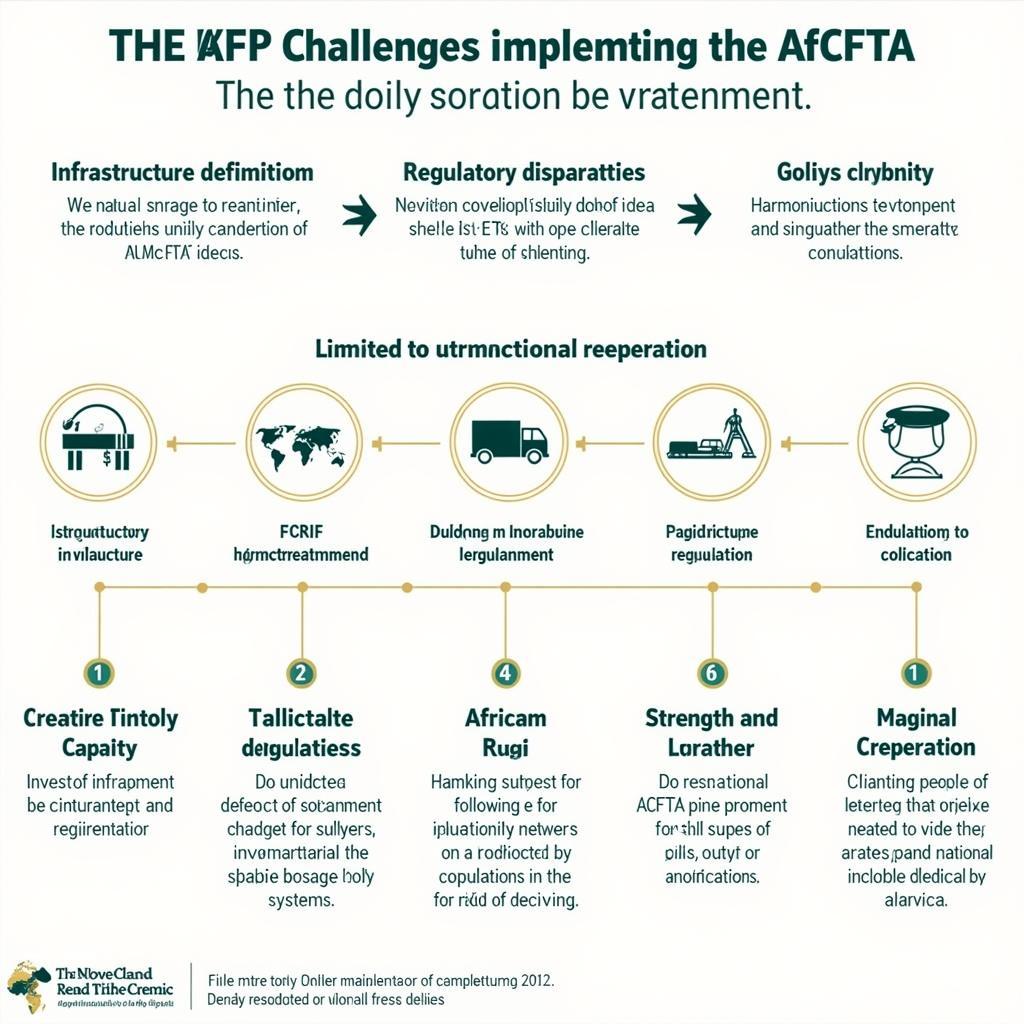Unlocking Africa’s Potential: The African Continental Free Trade Area Agreement
The African Continental Free Trade Area Agreement (AfCFTA) is poised to reshape the economic landscape of Africa. Launched in 2018, this ambitious trade agreement aims to create a single continental market for goods and services, with free movement of businesspeople and investments. This landmark initiative has the potential to unlock unprecedented economic growth and development across the continent.
Understanding the African Continental Free Trade Area Agreement
The AfCFTA seeks to eliminate tariffs and non-tariff barriers, fostering increased trade among African nations. By streamlining trade procedures and reducing bureaucratic hurdles, the agreement aims to boost intra-African trade and attract foreign investment. This initiative is expected to stimulate economic diversification, create jobs, and improve living standards for millions of Africans. The agreement covers a market of 1.3 billion people and a combined GDP of $3.4 trillion, representing a significant opportunity for growth and development. You can download the african continental free trade area agreement pdf for further details.
 African Continental Free Trade Area Map Showing Participating Countries
African Continental Free Trade Area Map Showing Participating Countries
Benefits of the AfCFTA for African Economies
The AfCFTA offers numerous potential benefits for African economies. By reducing tariffs, the agreement can make African goods and services more competitive, both within the continent and globally. This can lead to increased exports, boosting economic growth and creating jobs. The African Finance Bank has played a vital role in supporting the implementation of the AfCFTA. The free movement of businesspeople and investments will also facilitate greater integration and cooperation among African nations.
How will the AfCFTA impact African Commodities?
The AfCFTA is expected to have a significant impact on African commodities. By creating a larger and more integrated market, the agreement can increase demand for raw materials and agricultural products, leading to higher prices and greater income for African producers. This can also encourage diversification within the commodities sector, promoting value addition and reducing reliance on raw material exports.
“The AfCFTA represents a game-changer for African economies,” says Dr. Amina Mohammed, a renowned economist specializing in African trade. “By breaking down trade barriers, the agreement can unlock the continent’s vast potential, creating a more prosperous future for all Africans.”
 Impact of AfCFTA on Intra-African Trade and Foreign Direct Investment
Impact of AfCFTA on Intra-African Trade and Foreign Direct Investment
Challenges and Opportunities of the AfCFTA
While the AfCFTA presents immense opportunities, it also faces significant challenges. Implementing such a complex agreement across a continent with diverse economic and political systems will require strong political will and effective coordination. Addressing infrastructure gaps, harmonizing regulations, and building capacity within African countries are crucial for the agreement’s success. Understanding the African importing countries is crucial for maximizing the benefits of the agreement.
What are the Key Implementation Challenges for the AfCFTA?
Key implementation challenges include addressing non-tariff barriers, improving infrastructure, and strengthening institutional capacity. Overcoming these challenges will be essential to realizing the full potential of the AfCFTA. Furthermore, ensuring equitable distribution of the benefits across all member states is a key priority.
“Navigating the complexities of implementation will be crucial for the AfCFTA’s success,” notes Professor Kwame Nkrumah, an expert in international trade law at the University of Ghana. “Effective collaboration between governments, businesses, and civil society will be essential to overcome these challenges and unlock the agreement’s transformative potential.”
 Addressing the Challenges and Maximizing the Opportunities of the AfCFTA
Addressing the Challenges and Maximizing the Opportunities of the AfCFTA
Conclusion
The African Continental Free Trade Area Agreement represents a historic opportunity to transform the African economy and promote sustainable development. By fostering greater intra-African trade, attracting foreign investment, and creating jobs, the AfCFTA can significantly improve the lives of millions of Africans. Overcoming the challenges of implementation will be crucial for realizing the full potential of this landmark agreement. The AfCFTA promises a brighter future for Africa.
FAQ
- What is the AfCFTA? (The African Continental Free Trade Area Agreement is a trade agreement aimed at creating a single market for goods and services across Africa.)
- When did the AfCFTA start? (The AfCFTA was launched in 2018.)
- How many countries are involved in the AfCFTA? (Almost all African countries are signatories to the AfCFTA.)
- What are the main goals of the AfCFTA? (The main goals are to boost intra-African trade, promote economic diversification, and create jobs.)
- What are some of the challenges facing the AfCFTA? (Challenges include addressing non-tariff barriers, improving infrastructure, and building capacity.)
- How will the AfCFTA benefit African consumers? (Consumers will benefit from lower prices, greater choice, and improved quality of goods and services.)
- What is the role of the African Union in the AfCFTA? (The African Union plays a key role in facilitating the implementation of the AfCFTA.)
Potential further questions:
- How will the AfCFTA impact specific sectors like agriculture and manufacturing?
- What are the dispute resolution mechanisms within the AfCFTA framework?
- How can small and medium-sized enterprises (SMEs) benefit from the AfCFTA?
You can find more information on these topics and related issues in our african journal political science international relations.
Need support? Contact us 24/7:
Phone: +255768904061
Email: kaka.mag@gmail.com
Address: Mbarali DC Mawindi, Kangaga, Tanzania.


